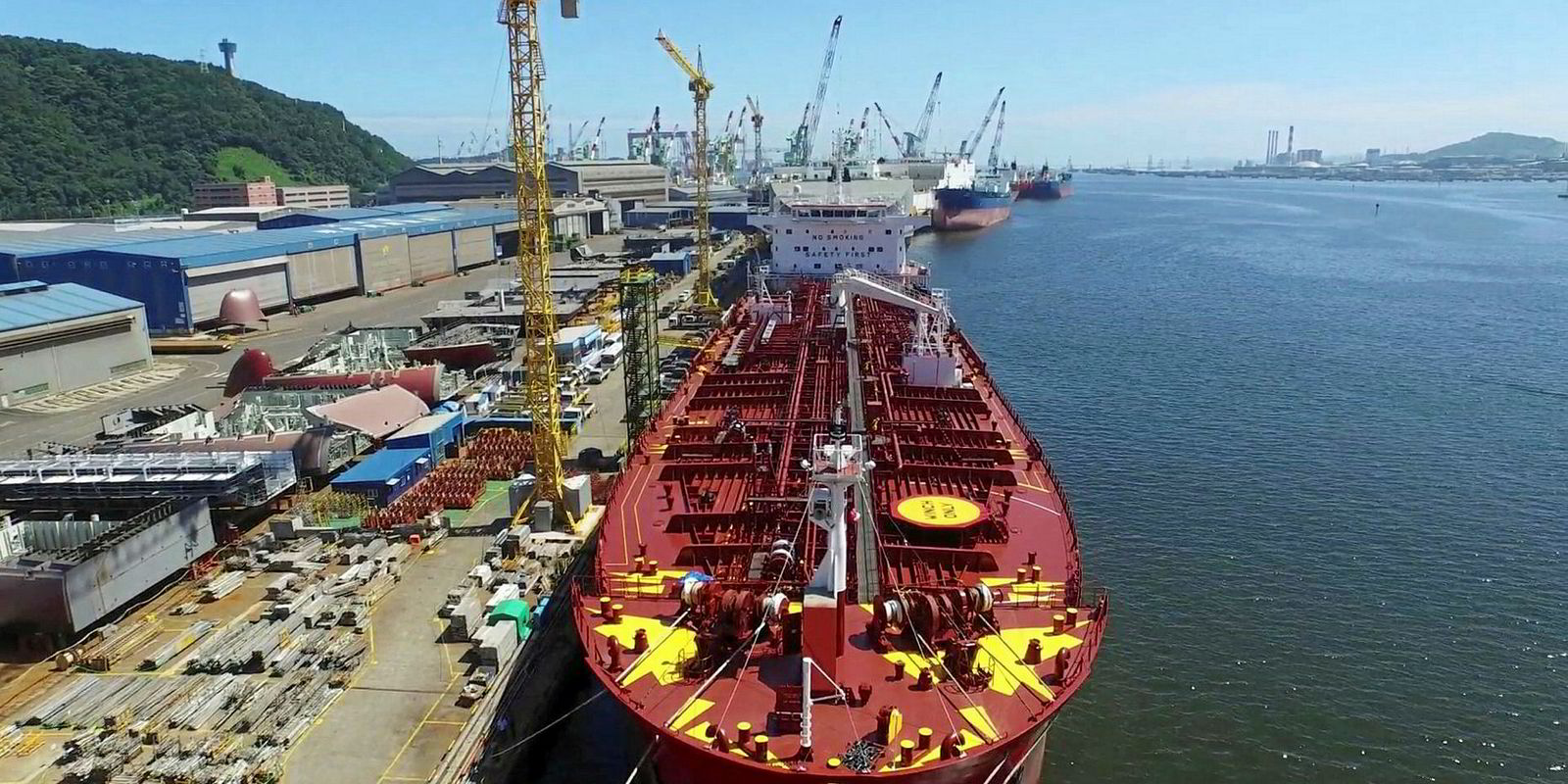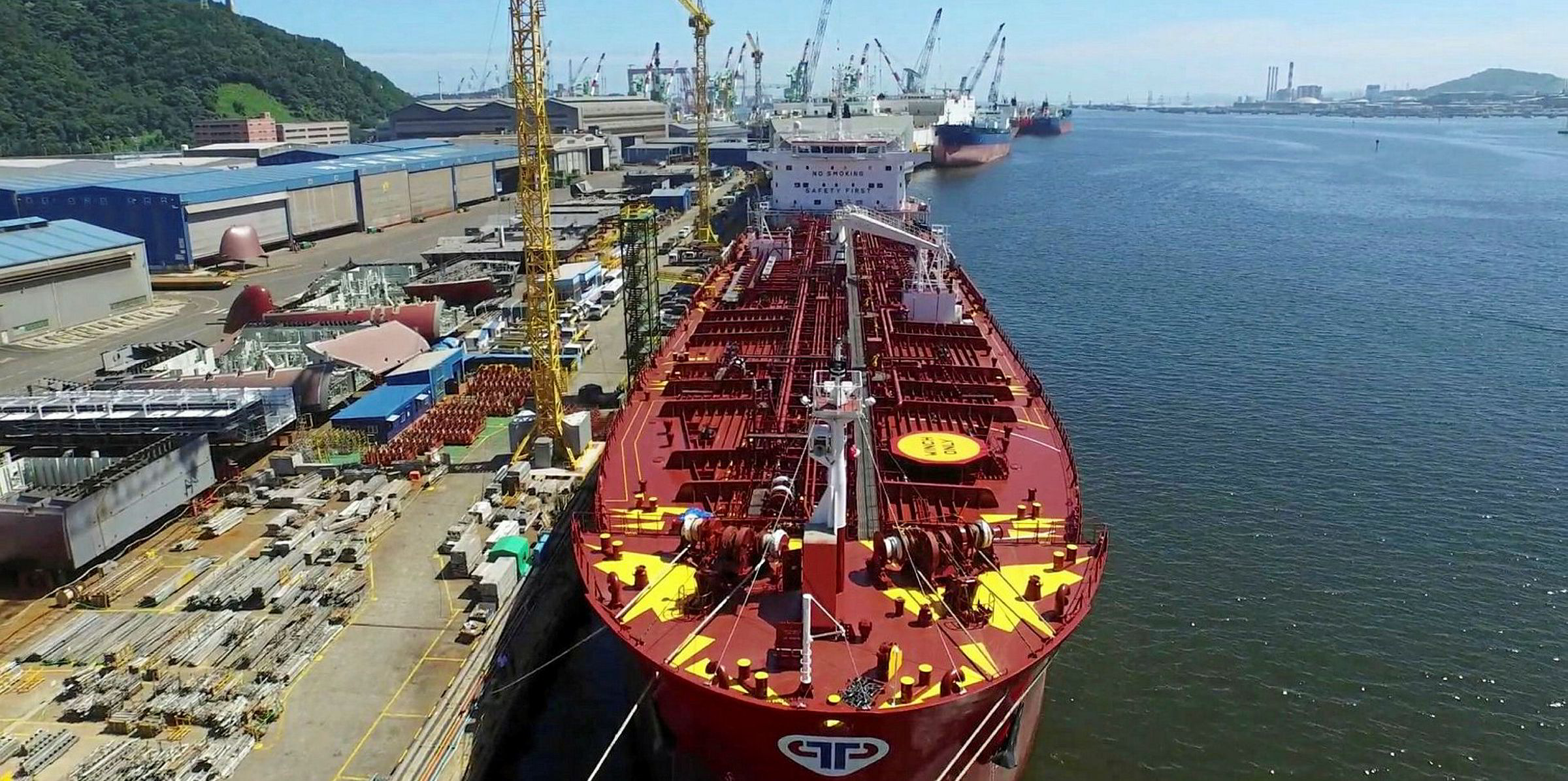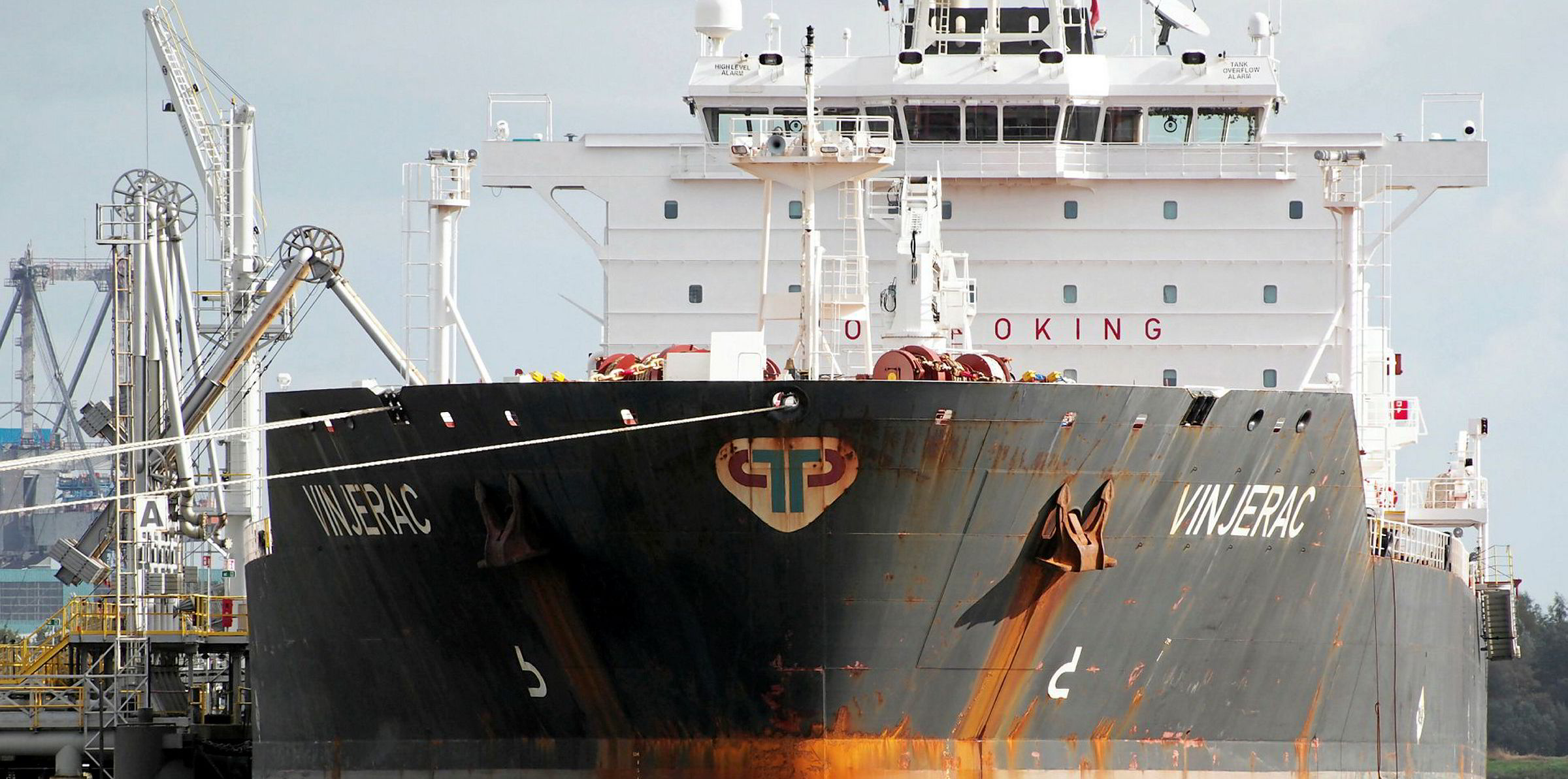Croatian MR owner Tankerska Next Generation (TNG) is expecting better rates this year as the effects of IMO 2020 legislation begin to be felt.
CEO John Karavanic said: "The shift to low-sulphur fuel oil is expected to result in a significant increase in demand for compliant fuels together with the dislocation of global refining capacity.
"We believe increased trade flows and volumes will result in shifting trading patterns and have positive implications for ton-mile demand."
He added: "We were pleased to see improvement in the rates on the spot market late in the year, with MR average TCE levels reaching high teens in late December and with even better markets anticipated in 2019 as the impact of IMO 2020 begins to move in.
"The view among peers is that recent strength in the spot market only re-enforces the view that we are in the early stages of a market recovery."
Costs cause red ink
TNG posted a fourth-quarter net loss of $1.64m, against a profit of $1.08m in 2017.
Revenue rose to $11.89m, from $10.7m, but costs were higher at $10.19m versus $6.98m.
The increase arose from shifting three tankers into the spot market, with the associated assumption of expenses like port fees and bunkers.
Karavanic said: "After three bleak quarters, the market took a long awaited upward turn towards the end of the fourth quarter ie effectively in December 2018.
"The development was largely unforeseen but according to some, due to an overlapping of increased transport demand as a result of OPEC, the United States and Russia gradually increasing oil production.
"In addition, somewhat increased phasing out of older vessels also contributed to a generally better balance between supply and demand."
He added: "It should be pointed out that the market is still volatile, with relatively strong upward and downward fluctuations, but at a higher level than before looking to land on firm ground."





